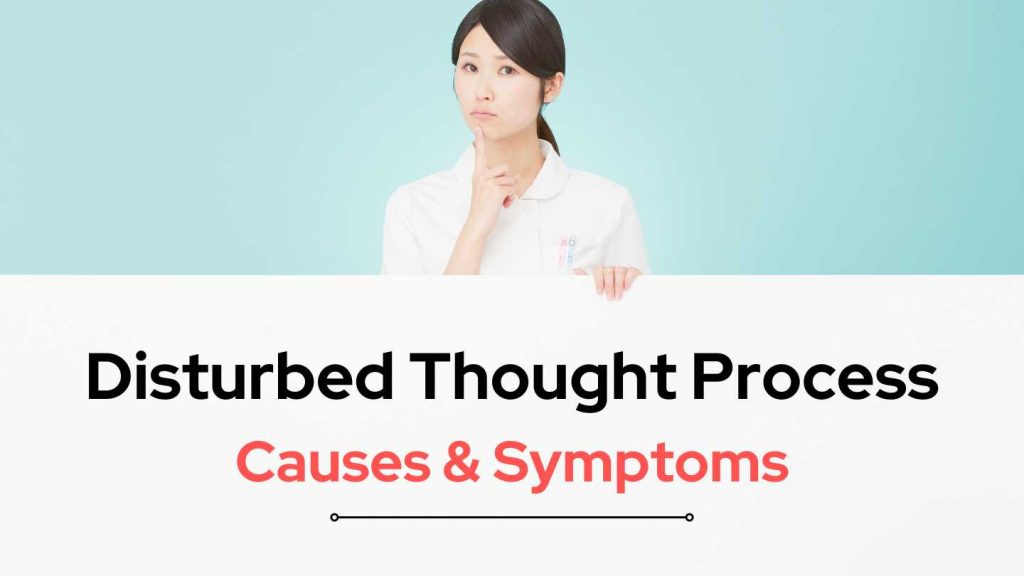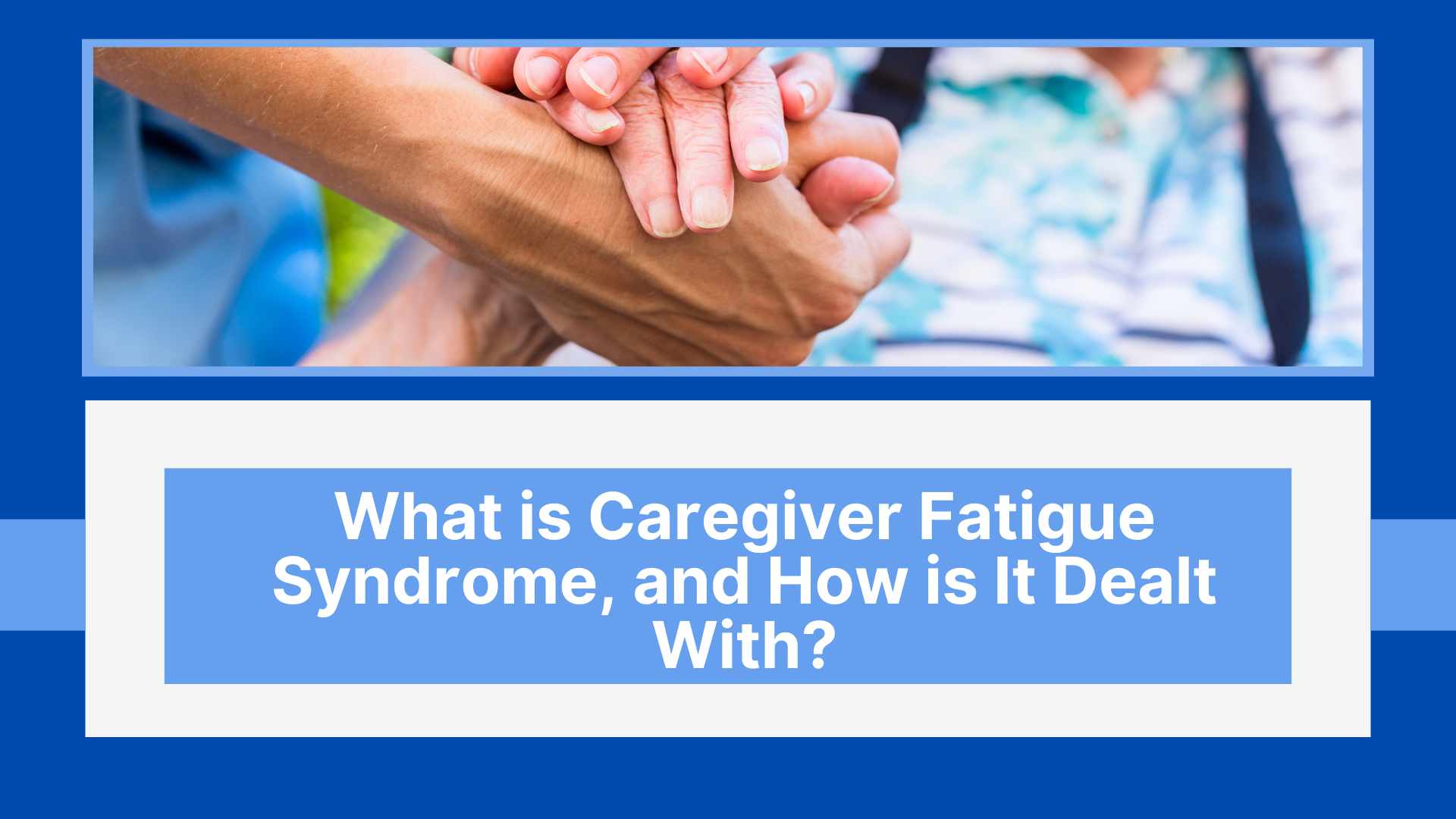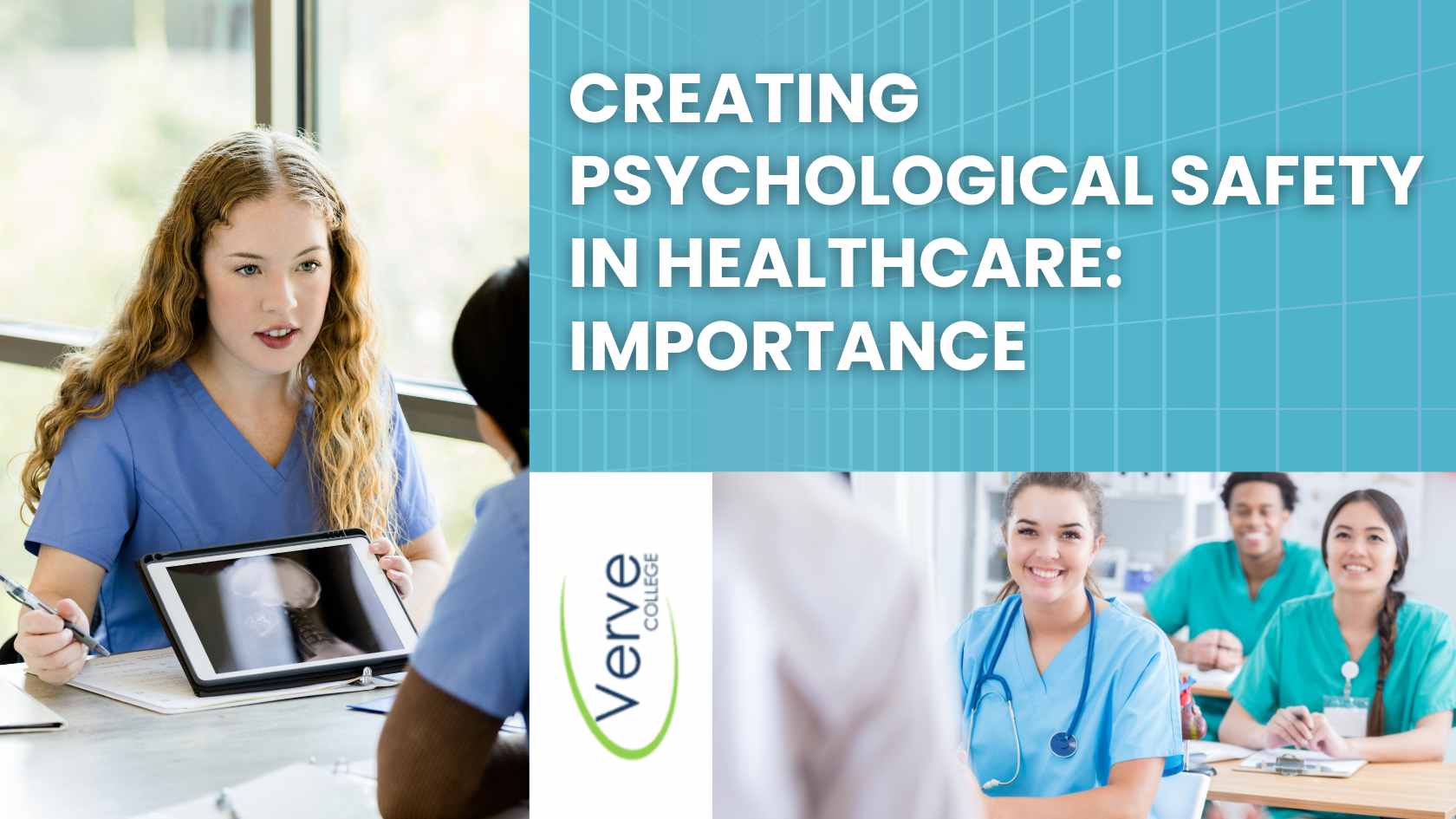- Oak Brook:(630) 705-9999
- Chicago:(312) 920-8822
- Email:inquiry@vervecollege.edu
- Make a Payment
- Home
- Programs
- Admission
- Resources
- ATI Entrance Exam Resources
- New E-Digital Library
- Refer a Friend
- School Newsletter
- Events
- Employers
- Job-Network
- Alpha Beta Kappa Candidates
- Verve College Library
- Graduation and Pinning Ceremony Photo Galleries
- Textbook Information
- Career Services
- Tutoring
- School Catalog
- FAQ
- Constitution Day Program
- Alumni
- Verve College Plans
- Financial Aid
- HEERF Reporting
- Satisfactory Academic Progress
- Apply For Financial Aid
- Net Price Calculator
- Return of Title IV Funds (R2T4)
- Financial Aid Office Code of Conduct
- Contact
- FAQs
- Verification Policy
- Vaccination Policy
- Student Right-to-Know Act
- Misrepresentation
- Information Security Program
- Academic Award Year
- Availability of Employee
- Cost of Attendance
- Health & Safety Exemption Requirement
- Students Rights and Responsibilities
- Leave of Absence
- Pell Formula
- Military Students
- Grants/ Scholarship Policy
- Contact Us
- Login
- Testimonials
- Blog
Is a Nursing Career Right For You?
Take The Free Quiz
Disturbed Thought Process: Causes & Symptoms
Disturbed Thought Process: Causes & Symptoms
Effective nursing care should be provided to patients who suffer from impaired cognitive functions or thinking processes to increase the quality of life while improving functioning and safety. Illinois College of Nursing accreditation helps students to understand more about health issues, nursing assessment, disturbed thought process nursing diagnosis, and interventions designed for cognitive impairment patients.
What is Cognitive Disability (CD)?
A person suffering from impaired cognition has altered perception or cognition, which hinders daily activities and results in cognitive deficits such as difficulty in concentrating, organizing thoughts, or communicating effectively – as can result in cognitive and perception deficits such as difficulties concentrating, organizing thoughts or communicating effectively resulting from mental illness, drug abuse, head injuries, or medication side effects all disrupting thought process and interfere with daily tasks and any normal physical activity.
Nursing process and management aim at decreasing cognitive impairment and encouraging reality orientation among older adults, often misattributed to confusion; confusion in this group of individuals could stem from several sources, including depression or dementia; however, depression tends to be the more frequent culprit than dementia in this population group.
Causes
Cognitive impairment may result from several different sources, including mental status, neurological conditions, drug abuse, medication side effects, or systemic diseases that impact brain structure – these may all play a part in its cause.
Physical Changes
- Aging
- Head injuries
- Hypoxia infections
- Malnutrition
Changes in Biochemical Processes
- Alcohol
- Medicines
- Substance abuse
Psychological Conflicts
- Anxiety
- There are ways you can lower your risk:
- Emotional changes
- Fear
- Grief
- Mental disorders
Maturational
- Isolation
- late-life depression
Situational Factors (Personal and Environmental)
Here are a few suggestions of what will work:
- Abuse (physical, sexual, mental) in Childhood
- Traumatization
- Torture
Symptoms and Signs
Cognitive impairment can be defined by memory loss, confusion or disorientation, difficulty concentrating, impaired judgment, language problems, and personality changes, as well as behavioral or personality modifications. The best nursing schools in Illinois facilitate learning for nursing students in all of these aspects. Here are the symptoms and signs associated with cognitive impairment:
- Memory impairment.
- Cognitive disorientation: An altered perception of time, location, and people can lead to confusion and disorientation.
- Attention and concentration issues: it can be challenging to focus, maintain concentration, and remain engaged over long periods.
- Executive dysfunction: Planning, organizing, and executing complex tasks may prove to be challenging, leading to difficulty with problem-solving and decision-making.
- Aphasia: This term refers to language impairments characterized by difficulties producing speech or understanding its content.
- Change in personality and behavior: an alteration to emotions, mood, social interaction, or impulse control.
- Apraxia.
- lgnosia: inability to identify familiar objects, people, or sensory stimuli.
- Visuospatial impairments include issues with object recognition, depth perception, and understanding spatial relationships.
- Psychomotor disturbances like restlessness, agitation, or slow movements.
Objectives and Outcomes
Here are some common goals and expected outcomes:
- Communication will remain clear and focused on reality-checking perspectives.
- Patients will recognize any changes in their thinking/behavior as well as spot misinterpretations of verbalizations/behavior from others and address miscommunication issues accordingly.
- The patient will identify situations that trigger hallucinations/delusions and implement effective coping strategies to manage them and their mental health effectively.
- Therapeutic settings allow patients to interact with peers and staff appropriately with positive reinforcement.
The Assessment
Assessing any possible thinking disorders is part of the evaluation process. It is vital that medical history be taken into consideration as well as laboratory tests, physical exams, and screening methods used in order to detect physical or mental conditions as early as possible.
Nursing Diagnosis
A disturbed thought process nursing diagnosis comprises all possible types of correct diagnoses that relate to disturbed thinking patterns. The listing of nursing diagnoses may include anxiety, psychosis, or mood disorders.
An effective nursing care plan and nursing actions for disturbed thinking processes should aim at stabilizing the mental state by strengthening self-care strategies, coping skills, and overall quality of life with nursing diagnostic reasoning.
Interventions
Interventions are activities designed to assist patients in meeting their goals and treating their disorders. Approaches to nursing Interventions may involve medication, cognitive-behavioral therapy (CBT), psychological counseling, or psychoeducational support services as part of an overall treatment strategy.
Rationales
Rationales are grounded in research and clinical experiences to support interventions and desired results, justify actions taken, or offer evidence in favor of certain interventions.
An evaluation is an integral component of nursing care plans designed to treat disturbed thinking process disorders. Periodic reviews allow healthcare teams to monitor progress, determine the efficacy of treatments administered, and make necessary modifications.
Conclusion
A nursing plan of care can be an essential tool in treating mental disorders as per nursing goals. Consistency of care ensures its quality and continuity and allows practitioners to set meaningful long-term recovery goals that promote long-term healing. Look out for the best LPN school near me, if you aspire to make a bright career in nursing.
 Sign up
Sign up Login
Login





